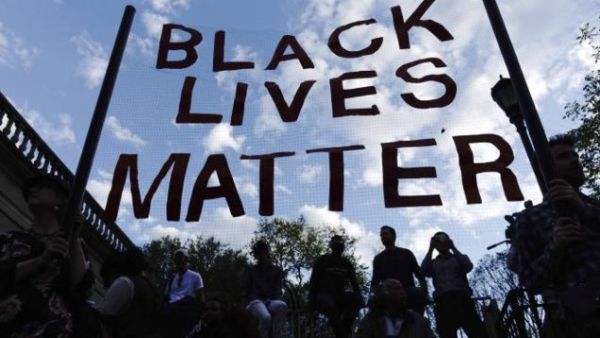A group of UN experts made a visit to Germany recently in order to investigate the human rights situation of peoples of African descent in the country. During their visit the investigators met with people in the African diaspora community across the main cities of Berlin, Frankfurt, Cologne and Hamburg to speak with people about their experiences.They also met with representatives from public bodies, as well as NGO’s and civil society organisations.
Unfortunately underrepresentation of black migrant communities is a reality in Germany.
Interview with @dwnews on representation of ppl of #africandescent in #Germany / Findings of @UN -Experts. #racism #africandescentGermany pic.twitter.com/G1rxSr9zAv
— Elisabeth Kaneza (@ElisabethKaneza) February 28, 2017
One of the most shocking findings was the identification of certain ‘no-go’ zones, where black men, particularly Muslim black men, are said to be unsafe to enter. A local German news channel quoted ‘adoptive Berliner’ Younes Endrias who is originally from Eritrea addressing the issue:
“When I have to go to Brandenburg for work, I go - but I wouldn’t bring my daughter with me”
He also identified the area of Saxton as being particularly dangerous to enter due to fear of being subject to racist attacks. He also criticised the police force in the area, who are known to sympathize with hard right political movements and fail to protect immigrant communities in the area from racist .
In an attempt to show a more accepting and welcoming side of the country there is also a video currently trending on the internet of a social experiment showing how German citizens are very opposed to racist attitudes and behaviours (see below)
Unfortunately as UN experts found the reality of the situation for many migrants does not reflect this clip, as many of them live in less developed areas where the native German community hold political views resonating with the extreme-right. These attitudes breed discrimination and violence at the expense of migrant communities.
The findings will be released officially in a UN report later this year, and it is hoped that this will serve as guidance for the government on how to better fight discrimination against people of African descent in the country.
SE








